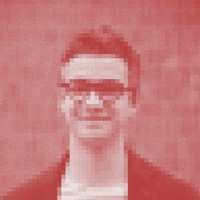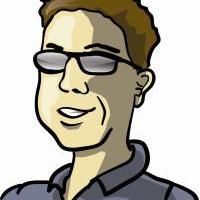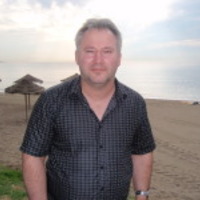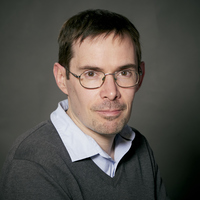
Álvaro Seiça
I am a Portuguese writer and researcher based in Norway. I have been Associate Professor in Digital Culture and Marie Skłodowska-Curie Global Fellow at the University of Bergen, a visiting researcher in Information Studies at the University of California, Los Angeles, and a postdoctoral fellow in Materialities of Literature at the University of Coimbra. My current research interests include 20th-century Iberian literary censorship, poetry, and digital humanities. https://artdel.net
less
Related Authors
Jonathan Zittrain
Harvard University
James Elkins
School of the Art Institute of Chicago
Greg Simons
Turiba University
François Soyer
University of New England - Australia
Maurizio Forte
Duke University
David Seamon
Kansas State University
María Mencía
Kingston University, London
Alireza Anushiravani
Shiraz University
Kate Lilley
The University of Sydney
Beverly Haviland
Brown University
InterestsView All (18)










Uploads
Papers by Álvaro Seiça
This article presents the poetry book Romances do Mar, by Bernardo Santareno, which was originally published in 1955 after being censored and "authorized with cuts" by the Censorship Services of the Portuguese Estado Novo dictatorship. The book is now republished in facsimile with an appendix of typewritten poems that substituted one forbidden poem. It is the sixth volume of the collection "Biblioteca da Censura" [The Censorship Library], edited by Álvaro Seiça and published by A Bela e o Monstro and the Público newspaper (Sep. 25, 2022).
This article presents the poetry book Romances do Mar, by Bernardo Santareno, which was originally published in 1955 after being censored and "authorized with cuts" by the Censorship Services of the Portuguese Estado Novo dictatorship. The book is now republished in facsimile with an appendix of typewritten poems that substituted one forbidden poem. It is the sixth volume of the collection "Biblioteca da Censura" [The Censorship Library], edited by Álvaro Seiça and published by A Bela e o Monstro and the Público newspaper (Sep. 25, 2022).
The forms of kinetic poetry surveyed include film poetry, videopoetry, holography poetry, and digital poetry, which are all dependent on spatiotemporal elements. Therefore, there is a focus on the temporal and spatial dimensions of poems that are time-based and animated. Poems written and read with computational media require interdisciplinary expertise, because they are scripted with code and often integrate text, sound, image, and interactive functions.